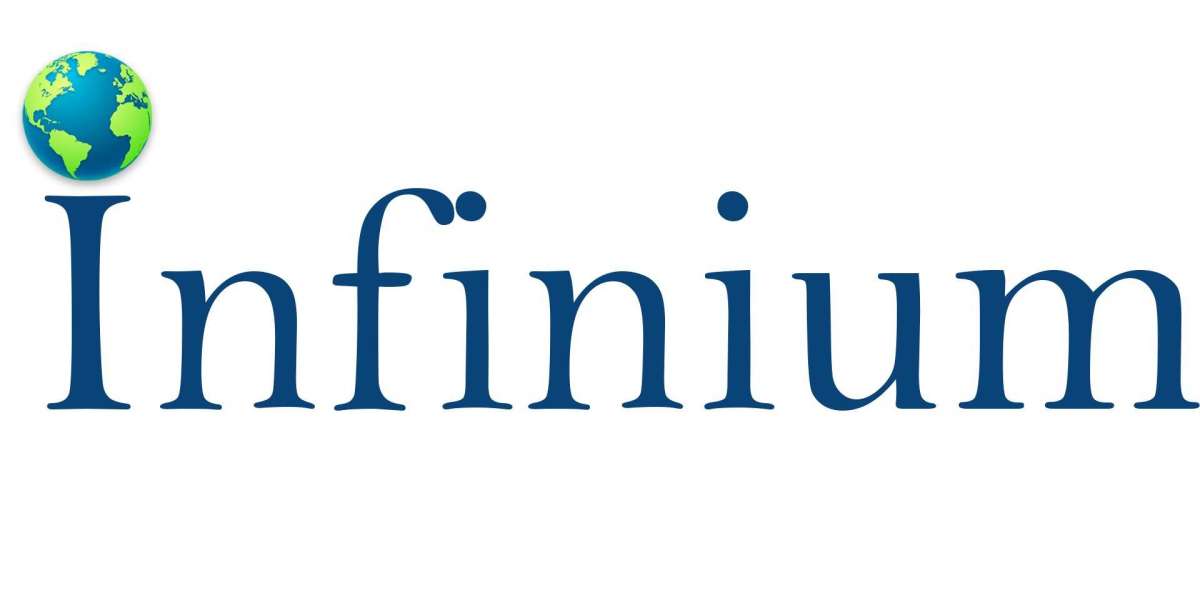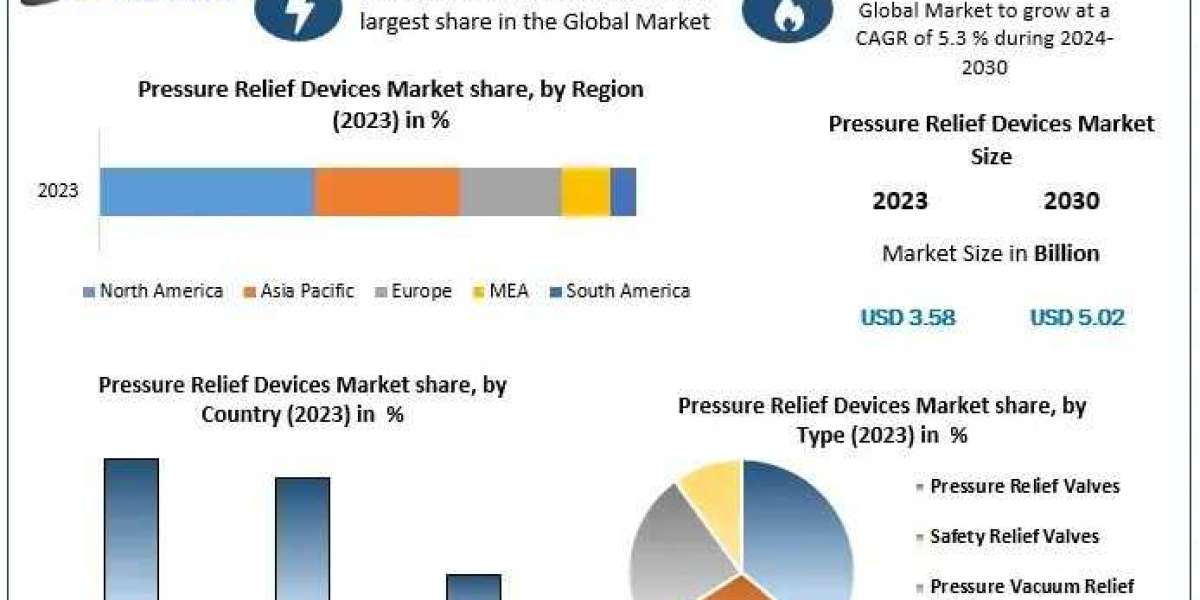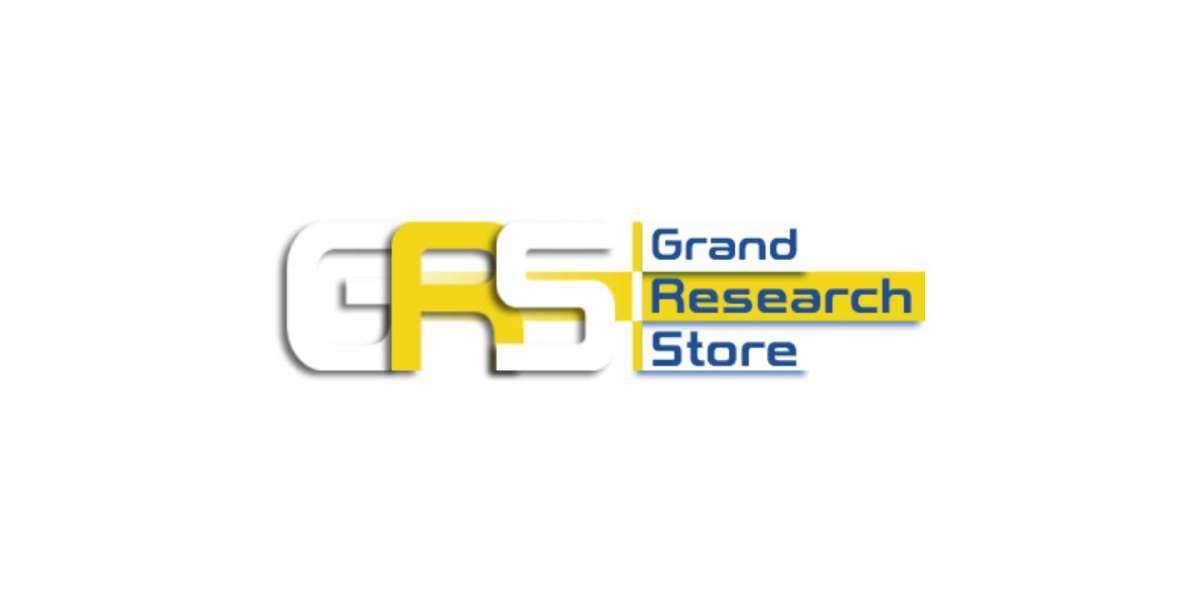Market Drivers
- Rising Incidences of Fraud: The increase in digital transactions has led to a surge in fraudulent activities, necessitating advanced fraud detection and prevention solutions. Cybercriminals are constantly evolving their techniques, making it imperative for organizations to adopt sophisticated technologies to protect themselves.
- Regulatory Compliance: Governments and regulatory bodies worldwide are enforcing stringent regulations to combat fraud, driving the adoption of fraud detection solutions. Compliance with regulations such as GDPR, PCI-DSS, and SOX is crucial for organizations to avoid hefty penalties.
- Technological Advancements: Innovations in artificial intelligence (AI), machine learning (ML), and big data analytics have significantly enhanced the capabilities of fraud detection systems. These technologies enable real-time analysis of large volumes of data, identifying patterns and anomalies indicative of fraudulent activities.
- Growth of E-commerce and Digital Payments: The rapid expansion of e-commerce and digital payment platforms has increased the need for robust fraud prevention measures. As more consumers shift to online shopping and digital transactions, the risk of fraud also escalates.
Market Segmentation
The global fraud detection and prevention market can be segmented based on component, deployment mode, application, organization size, and region.
- By Component:
- Solutions: Includes fraud analytics, authentication, and reporting tools.
- Services: Encompasses professional services and managed services.
- By Deployment Mode:
- Cloud-Based: Offers flexibility and scalability, making it popular among SMEs.
- On-Premises: Preferred by large enterprises requiring greater control over their data.
- By Application:
- Banking, Financial Services, and Insurance (BFSI): High adoption due to the sector's vulnerability to fraud.
- Retail: Increasing e-commerce transactions necessitate robust fraud prevention measures.
- Government: Need to protect sensitive data and public funds from fraud.
- By Organization Size:
- Large Enterprises: Have the resources to invest in comprehensive fraud prevention systems.
- Small and Medium Enterprises (SMEs): Opt for cost-effective, scalable solutions.
- By Region:
- North America: Dominates the market due to early adoption of advanced technologies and stringent regulations.
- Europe: Significant growth driven by regulatory compliance and increasing cyber threats.
- Asia-Pacific: Rapid digital transformation and growing awareness about fraud prevention are boosting market growth.
- Latin America: Gradual adoption of fraud prevention technologies as digital transactions increase.
- Middle East Africa: Emerging market with growing investments in fraud detection infrastructure.
Sample pages of report: https://www.infiniumglobalresearch.com/reports/sample-request/26612
Competitive Landscape
The fraud detection and prevention market is highly competitive, with numerous players offering a wide range of solutions. Key players include:
- IBM Corporation: Offers comprehensive fraud detection solutions leveraging AI and ML technologies.
- SAP SE: Provides fraud management solutions integrated with its enterprise resource planning (ERP) systems.
- SAS Institute Inc.: Specializes in analytics-driven fraud detection and prevention solutions.
- Oracle Corporation: Delivers cloud-based fraud prevention services with real-time monitoring capabilities.
- FICO: Known for its advanced analytics and decision management solutions for fraud prevention.
Challenges and Opportunities
- Challenges:
- Complexity of Fraud Detection: The evolving nature of fraud techniques makes it challenging to develop effective detection systems.
- High Costs: Implementing advanced fraud detection solutions can be costly, particularly for SMEs.
- Data Privacy Concerns: Ensuring compliance with data protection regulations while implementing fraud detection measures is crucial.
- Opportunities:
- AI and ML Integration: Continued advancements in AI and ML present significant opportunities for enhancing fraud detection capabilities.
- Partnerships and Collaborations: Collaborations between technology providers and industry players can lead to the development of innovative fraud prevention solutions.
- Expansion in Emerging Markets: Growing digital adoption in emerging markets offers substantial growth opportunities for fraud detection solution providers.
Report overview: https://www.infiniumglobalresearch.com/reports/global-fraud-detection-and-prevention-market
Future Outlook
The global fraud detection and prevention market is expected to continue its robust growth trajectory over the coming years. Key trends shaping the future of the market include:
- Increased Adoption of AI and ML: The integration of AI and ML will enhance the accuracy and efficiency of fraud detection systems, enabling real-time identification of fraudulent activities.
- Focus on Behavioral Analytics: Behavioral analytics will play a crucial role in identifying deviations from normal user behavior, aiding in the early detection of fraud.
- Emphasis on Multi-layered Security: Organizations will increasingly adopt multi-layered security approaches, combining various fraud detection technologies to create a comprehensive defense against fraud.
- Growth of Mobile Fraud Detection: As mobile transactions increase, the demand for mobile-specific fraud detection solutions will rise.
Conclusion
The global fraud detection and prevention market is poised for significant growth, driven by increasing digital transactions, regulatory pressures, and technological advancements. Organizations across various sectors are recognizing the importance of robust fraud prevention measures to safeguard their operations and maintain customer trust. With continuous innovations in AI, ML, and analytics, the market is set to evolve, offering more sophisticated and effective solutions to combat fraud in the digital age.



